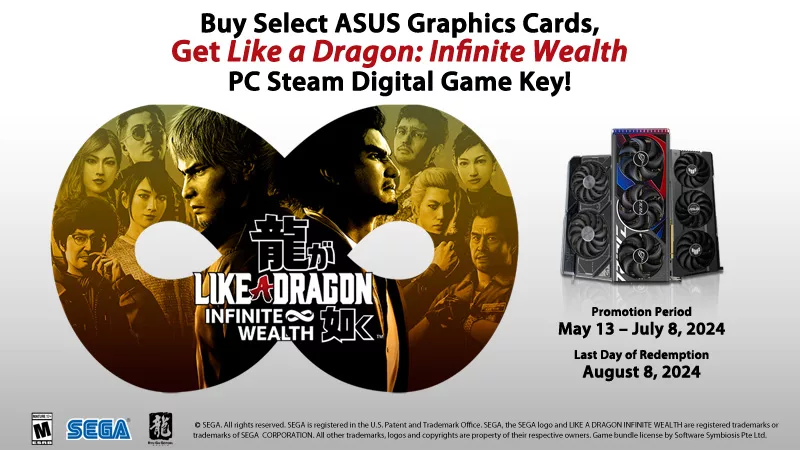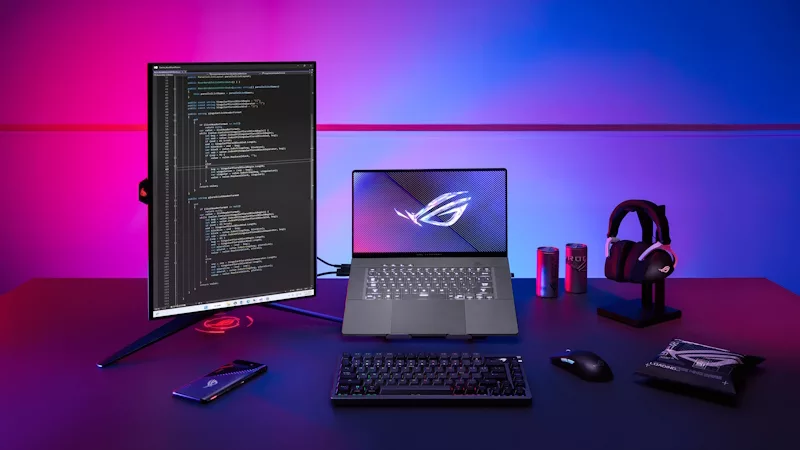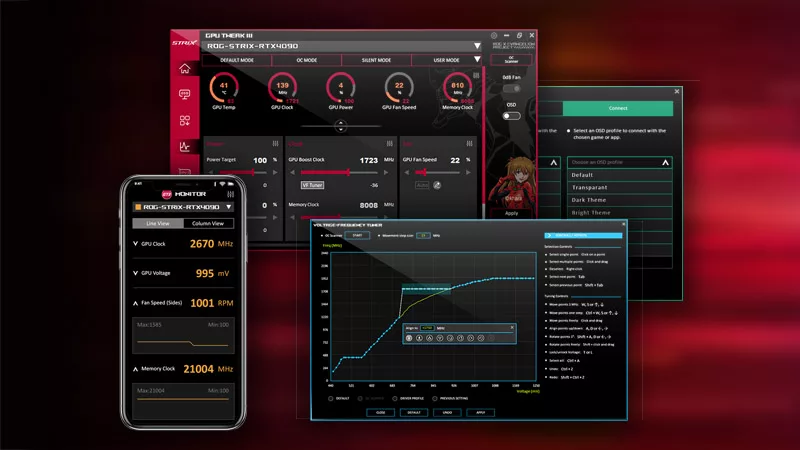Facebook blowing off Steam: how the social media giant might change how you consume games
Rumours are swirling that social network behemoth Facebook is planning a more aggressive move into gaming.
According to a recent report onTechCrunch, Facebook plans to launch a desktop gaming platform similar to Steam, the popular game marketplace. Not only that, but Mark Zuckerberg’s company is pairing up with the cross-platform game engine developer Unity, a partnership that will let game designers easily move their Unity-based software to the new, as-yet-untitled, platform.
Facebook vs Steam
Steam has been running since 2003, but it wasn't until 2005 that third-party developers and publishers were able to submit and sell their games through it. Over a decade later, Steam has grown into the top marketplace for PC gaming, with over 125 million active users, as noted on VG247. In 2015, a new record was set when there were nearly nine million players using Steam at the same time.
However, this pales in comparison to Facebook. According to statistics portal Statista, the social network had 1.71 billion active users at the start of 2016, having broken the one billion mark back in 2012. That means nearly a quarter of the world's entire population is connected to the social network.
Gaming the system
Facebook already has games available to play and download on its network, but these are small titles comparable to mobile apps, mainly designed to be played on smart phones and tablets. However, software developers are enjoying stunning success with these sorts of games. For example, King Digital Entertainment, makers of Candy Crush and Bubble Witch, saw monthly user numbers of over 400 million. Can Facebook hope to emulate these numbers among hardcore gamers on its desktop platform? Its most recent acquisition may give it the killer edge over Steam.
Oculus buyout
In 2014, Facebook took over Oculus VR, one of the leaders in the virtual reality movement. At the time, the purchase was explained by Mark Zuckerberg as pushing his aim to make the world more open and connected. The first PC headset, the Oculus Rift, was released in 2016, the same year Facebook announced its partnership with Unity and its proposed new platform. The purchase of Oculus makes more sense in hindsight, yet it still has an uphill battle to convert the masses.
The first issue is that it's power hungry and requires a high spec machine to play, but gamers who have a solid PC or laptop, like the ROG G701, will be able to run the headset with a breeze. The second is a question of price. The addition of a Rift headset and the soon-to-be-released wireless Oculus Touch controllers may require you to stretch your budget substantially.
Will Facebook risk exclusivity?
It now remains to be seen if Facebook will force users to adopt its new desktop platform by making Oculus Rift-compatible games exclusive to it, or whether it'll still allow Oculus games to be sold on Steam in order to help bolster its new VR platform. As with the console war between Microsoft and Sony, PC gamers might suddenly find themselves having to shop elsewhere to play exclusive features on Unity and Oculus games.
By Andrew Rainnie


